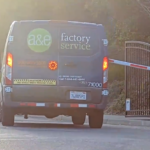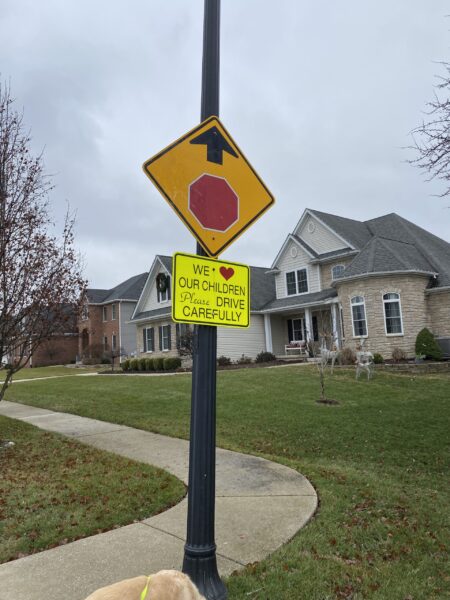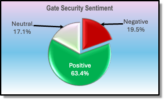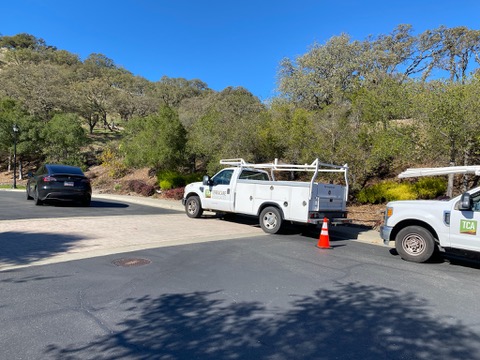Reality Check
When you buy into a neighborhood, you’re not just buying a house — you’re buying the soundtrack and backdrop that comes with it. Live downtown? Expect horns and headlights. Settle near an airport? Jet engines are part of the deal. Move next to a park with 11,000 acres of critters? Then yes, you’ll hear a bark when Fido spots a fox or a splash when kids are cannonballing into the neighbor’s pool.
Where the HOA Fits In
Your HOA isn’t a hall monitor for every bark, barbecue, or belly-flop. Our role is to step in only when governing documents are violated:
- Repeated and excessive dog barking that disturbs peace and quiet.
- Safety hazards or conditions that cross from “annoyance” into “nuisance.”
- Clear rule violations like late-night amplified music or neglected maintenance.
But one-time splashes, a passing whiff of barbecue, or Rover announcing the arrival of a jogger? That’s life in a neighborhood.
Why This Matters
If the Board tried to regulate every bark, splash, or whiff, we’d end up wasting your dues dollars and everyone’s patience. Worse, we’d lose focus on the issues that really matter:
- Maintaining reserves and financial health.
- Keeping our gates, streets, and landscaping safe.
- Ensuring compliance with laws that protect us all.
The Call to Action
We encourage neighbors to talk to neighbors first. A friendly word over the fence usually solves more problems than a certified letter ever will. Reserve the HOA complaint process for those times when you’ve truly hit a wall or when rules are clearly being broken.
Living in a community means hearing the sounds of life around you — some delightful, some not so much. But let’s not confuse “annoying” with “actionable.”
Bottom line: Talk first. File later.
⚖️ Sidebar: Dispute Resolution Options
Not every splash or bark deserves a federal case — but when annoyances turn into real disputes, California law gives homeowners a few tools before anyone runs to court.
📝 Internal Dispute Resolution (IDR)
- Civil Code §§5900–5920
- Informal “meet-and-confer” with a Board member
- No lawyers, just neighbors talking it out
- Written agreements are binding
🤝 Alternative Dispute Resolution (ADR)
- Civil Code §§5925–5965
- Mediation or arbitration with a neutral third party
- Costs usually shared between the parties
- Must be attempted before filing lawsuits over governing documents
🏡 HOA Position
- Talk first, file later
- Board enforces only genuine violations of CC&Rs, Bylaws, or Rules
- IDR/ADR is available if dialogue fails
Translation: If your neighbor’s dog barks at a squirrel or their grandkids splash in the pool — start with a conversation. If it escalates beyond that, the law provides structured processes to resolve disputes.
— Eastridge Hills HOA











